
Microsoft and Samsung react to Vault 7 CIA leaks -- Google, Linux Foundation and others remain silent
The Vault 7 document and code cache released yesterday by WikiLeaks revealed that many big software companies were being actively exploited by the CIA. Apple, Microsoft, Google, Samsung, and even Linux were all named as having vulnerabilities that could be used for surveillance.
Apple was one of the first of the companies mentioned in the documents to speak out and address concerns and security. But while the iPhone manufacturer has quickly indicated that it has fixed "many" of the vulnerabilities, Microsoft and Samsung have merely said they are looking into the issues raised. Other companies and groups mentioned have made no comment at all.
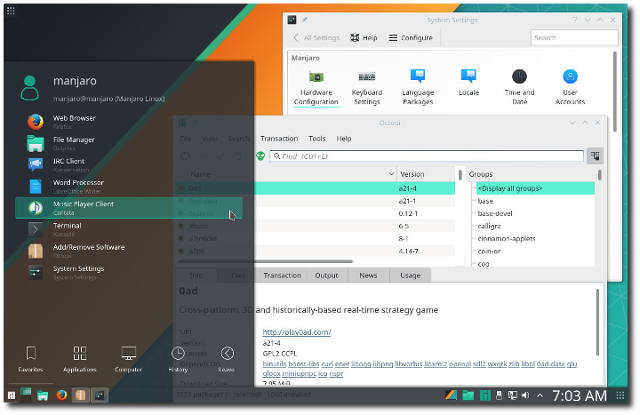
Arch Linux-based Manjaro 17.0 'Gellivara' now available with choice of KDE or Xfce desktops
Arch is a very cool Linux distribution, but it isn't for the faint of heart. Once it is installed and running, it can be very rewarding. Unfortunately, it is the installation that can be a pain point. Yeah, installing Arch from scratch can be a good learning experience, but some folks just want to use an operating system as a tool -- not to get an education.
Luckily, some distributions offer a friendlier installer with an Arch base -- the best of both worlds. One such popular Linux distro that uses Arch as a base is the wonderful Manjaro. Today, the operating system reaches version 17.0. Code-named "Gellivara," it features a refreshed settings manager, offering a more attractive design. Users can choose between two desktop environments -- Xfce and KDE.
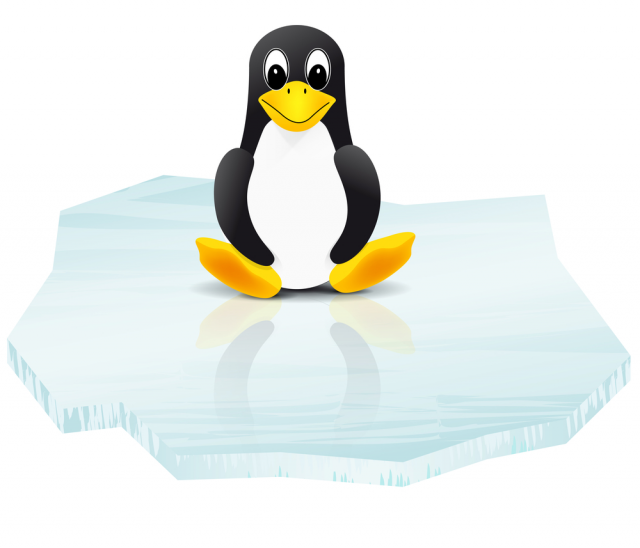
VMware affirms its open source commitment by becoming Gold Linux Foundation member
Linux and other open source projects are changing the world. If you don't believe it, just think of Android -- the most used mobile operating system is a Linux distro. Not to mention, many consumer products license open source code. Heck, even major companies like Microsoft and Apple are embracing open source nowadays.
Today, VMware shows its commitment to the open source community by becoming a Linux Foundation Gold Member. The company joins many other successful companies at that level, such as Facebook, Toshiba, and Toyota, to name a few.
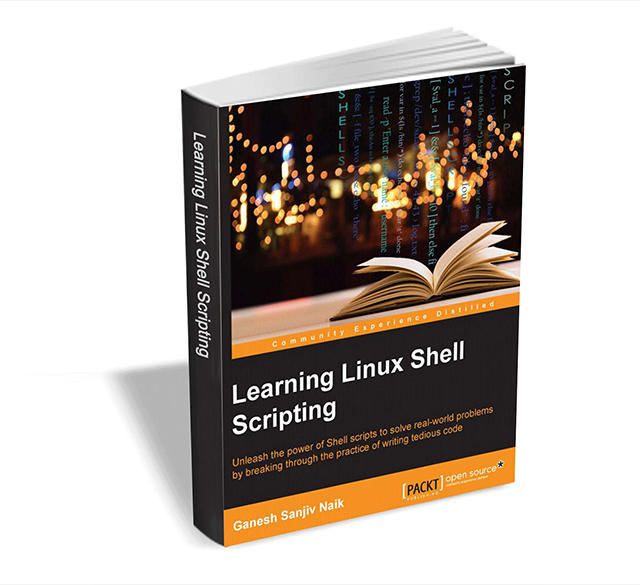
Get 'Learning Linux Shell Scripting' ebook ($36 Value) FREE for a limited time
If you're looking for a way to master Linux shell scripting (in any Linux distro or Windows 10), then this ebook from Packt Publishing is an essential read.
The book, which covers Bash -- GNU Bourne Again SHell -- usually retails for $36, but for a limited time you can download the full ebook version for free.
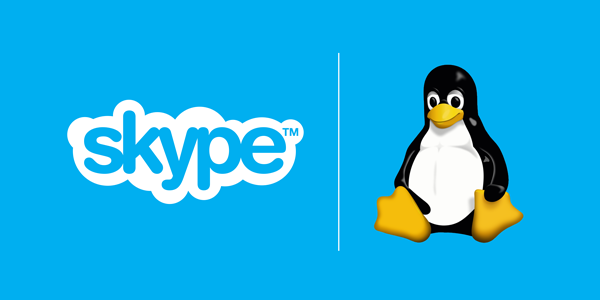
Microsoft releases Skype for Linux 5.0 Beta
While Skype in general is in desperate need of some TLC by Microsoft, the communication solution is still rather wonderful. The cross-platform nature makes it a wise choice for both personal and business use. In other words, you never have to worry if a family member, client, or co-worker is using a device that is Skype-compatible -- most modern devices and computers are.
Yes, Microsoft even makes Skype available for desktop Linux-based operating systems. With that said, the most recent usable version was merely an Alpha -- functional, but hardly bug free. Today, this changes, as Skype for Linux 5.0 graduates to Beta.
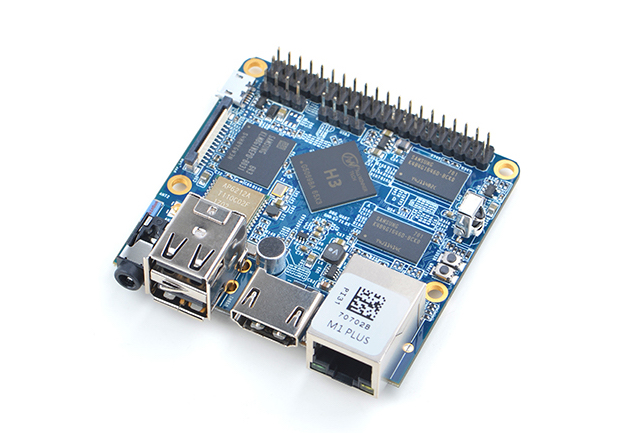
FriendlyElec releases Ubuntu Linux-ready NanoPi M1 Plus -- a $30 Raspberry Pi killer
The Raspberry Pi line of mini computers -- including the all-new Pi Zero W -- are wonderful devices for what they are. Quite frankly, they have inspired many young people to learn about programming, while helping makers to create some really cool projects. With that said, the Pi computers are not the only System on a Chip solutions on the market. Actually, there are more powerful ARM-based offerings available. The problem? They are often radically more expensive than Raspberry Pi.
However, there is a new Raspberry Pi competitor that is quite affordable. In fact, some folks may view it as a Pi-killer. The $30 FriendlyElec NanoPi M1 Plus has an arguably superior design and layout, plus important integrated features like Wi-Fi and Bluetooth. It even has an IR receiver, onboard microphone, 8GB storage, and both power and reset buttons. Best of all? It is ready to run Debian, Ubuntu Core, and Ubuntu Mate from the start.
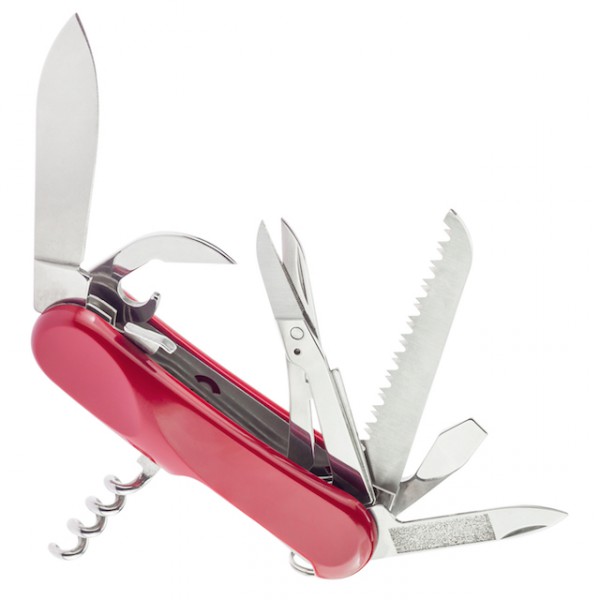
Ubuntu Linux-maker Canonical wins award for convergence efforts
In computing, convergence -- having a single device to serve many roles -- is a popular idea. Using the power of a smartphone to serve as a desktop, for instance, is a great way to save money and reduce waste. Unfortunately, there really have not been any successful convergence devices in practice. Microsoft famously tried with Windows 10 Mobile, but consumers didn't seem to care about Continuum.
Luckily, Canonical seems fairly unfazed, as the company continues to see Ubuntu as an operating system that can run on phones, tablets, laptops, desktops, and more. Like Windows 10 Mobile, Ubuntu phones have failed to pique the interest of consumers, but Linux-based solutions are arguably more appropriate for convergence thanks to the kernel's ability to work well on ARM. To highlight the success of Ubuntu in this regard, Canonical has been given an award at Mobile World Congress 2017.
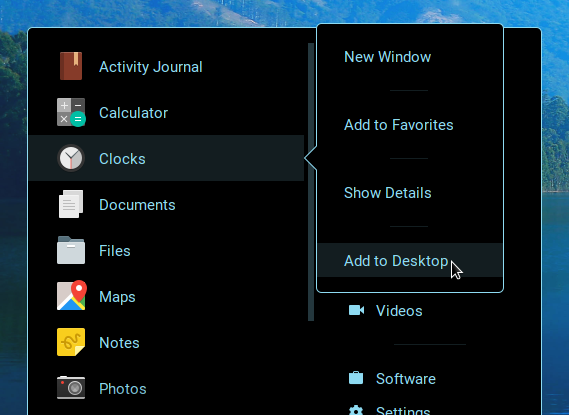
Zorin OS 12.1 Ubuntu-based Linux distro is here for Microsoft Windows 10 switchers
While Windows 10 is a great operating system, it isn't perfect for everyone. In fact, Microsoft's offering is viewed by some to be bloated and complicated. Depending on your needs, yeah, I suppose I understand that. After all, if you live in the web browser, and don't need Windows programs, a Linux-based desktop OS could be a better choice, as it might perform better on lesser hardware. Not to mention, there are far fewer malware threats on Linux than on Windows.
If you have been thinking of switching to Linux, there are a lot of choices nowadays, but there is one such operating system designed for that purpose. Zorin OS aims to be familiar to Windows users, while its Ubuntu base makes it easy to manage and install packages. Today, Zorin OS reaches version 12.1. While it is not a massive update by any means, existing users should definitely upgrade. If you have never tried Zorin OS before, now is as good a time as any.
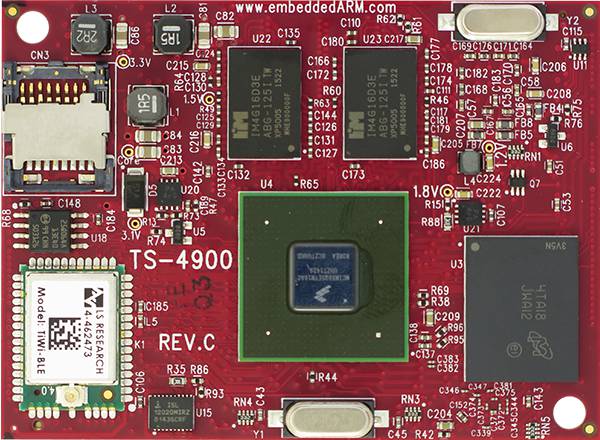
Ubuntu Core Linux comes to i.MX6-powered IoT-friendly TS-4900 Computer On Module
One of the best things about the Linux kernel (and associated operating systems) is the ability to work on various hardware types, including ARM. Microsoft's operating systems, by comparison, are far more narrow. True, there is the lightweight Windows 10 IoT for ARM boards, but it is hardly a factor nowadays.
Today, Ubuntu Core comes to the i.MX6-based and ARM-powered TS-4900 Computer on Module. While Android and other Linux options were already available for the IoT-friendly CoM, Ubuntu Core is still a major win. Canonical's revolutionary snap packages should work beautifully here.
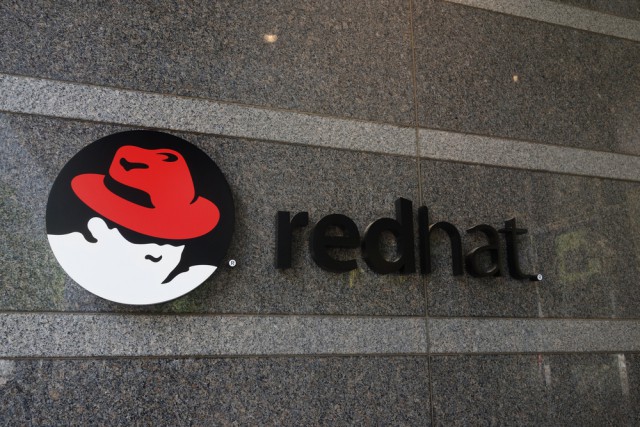
Red Hat: 'use after free' vulnerability found in Linux kernel's DCCP protocol IPV6 implementation
Red Hat Product Security has published details of an "important" security vulnerability in the Linux kernel. The IPv6 implementation of the DCCP protocol means that it is possible for a local, unprivileged user to alter kernel memory and escalate their privileges.
Known as the "use-after-free" flaw, CVE-2017-6074 affects a number of Red Hat products including Red Hat Enterprise Linux 6, Red Hat Enterprise Linux 7 and Red Hat Openshift Online v2. Mitigating factors include the requirement for a potential attacker to have access to a local account on a machine, and for IPV6 to be enabled, but it is still something that will be of concern to Linux users.
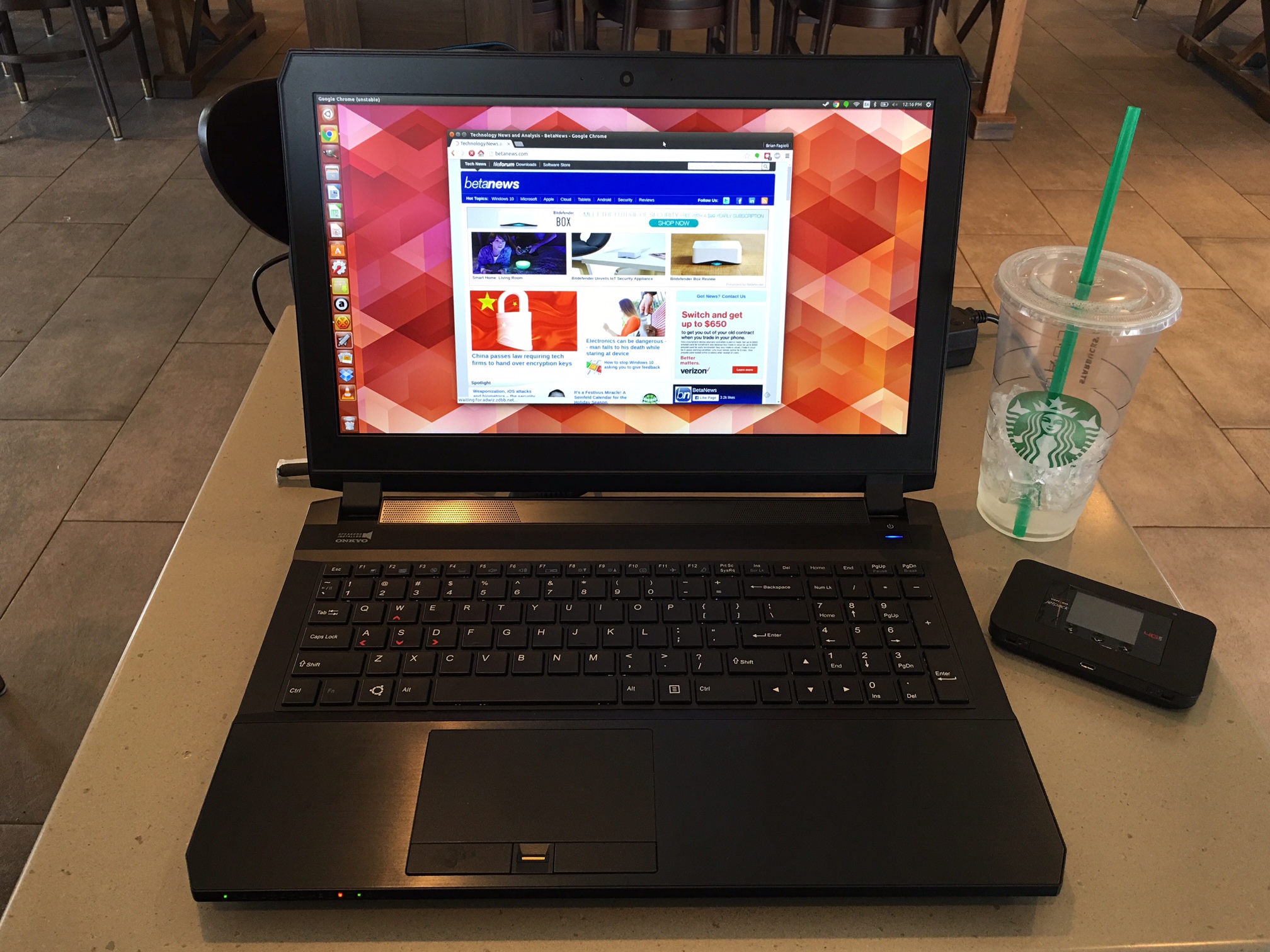
System76 refreshes Ubuntu Linux laptops with Intel Kaby Lake, NVIDIA GTX 10 series, and 4K
If you are a Linux user, you can never go wrong with a System76 computer. Its machines come pre-loaded with Ubuntu, but they can also run any Linux distro, such as Fedora or Mint, like a champ. Operating system aside, they come with excellent specifications and superb customer service.
Now, System76 is refreshing three of its laptops with some high-end parts. The Oryx Pro, Serval WS, and Bonobo WS are now all equipped with 7th generation Intel Kaby Lake processors. In addition, all three can be had with 4K displays and NVIDIA GTX 10 series graphics too. While the Oryx Pro already had the option of 4K and GTX 10, it is the 7th gen Intel chips that are new to it. In fact, all of the company's laptops now come with Kaby Lake standard.
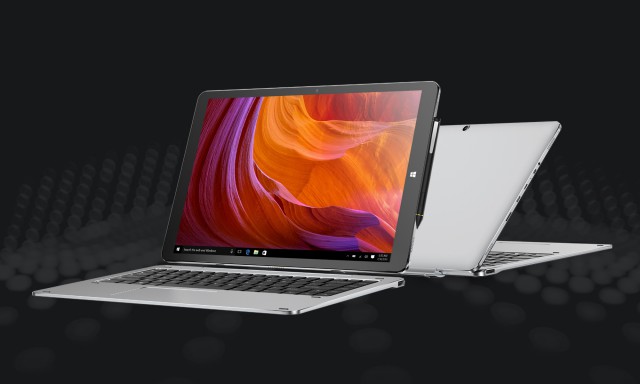
Chuwi's Hi13 Windows 10 hybrid retails for $369, promises Ubuntu support
The Chuwi Hi13 is a very interesting proposition in the Windows tablet market. It has a display similar to that of the Microsoft Surface Book, support for a detachable keyboard and stylus, expansion ports, and competitive internals, but, unlike the devices that it has in its crosshairs, it features a really attractive price tag.
When I discussed the Hi13 earlier this year, I mentioned that Chuwi expected to sell the device for around $500 or less, which seemed like a fair price considering everything that it has to offer. However, as it turns out, the Hi13 will actually retail for much less -- $369 to be exact. The value proposition is hard to beat.

Linux Foundation is offering training and certification discounts for Valentine's Day
Happy Valentine's Day, dear BetaNews readers! Please know that I love you all very much. On this day of romance, restaurants will be crowded with couples celebrating the holiday. If you have a significant other, I hope you have already purchased a gift or at least a greeting card by now. If not, you might be fighting over slim-pickings at the store this evening!
If you haven't yet picked up a gift, and that someone special is a bit of a computer nerd, I have some good news. The Linux Foundation is offering special training and certification discounts for Valentine's Day. Chocolate and flowers are fleeting -- education can last a lifetime. Using this special discount code, you can surprise your lover with the gift of Linux -- how cool is that?
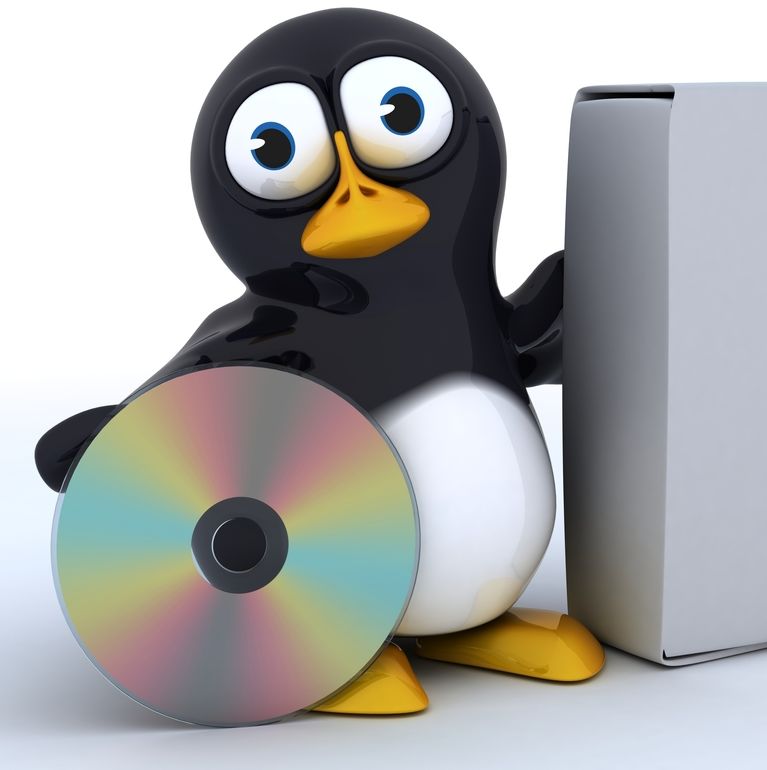
Privacy-focused Linux-based operating system Tails 3.0 will drop 32-bit processor support
If you find yourself needing an operating system that respects your privacy, you cannot go wrong with Tails. The live Linux-distro can be run from a DVD which is read-only, meaning there is less of a chance of files being left behind. Heck, Edward Snowden famously used it to protect himself when shining a light on the overreaching US government.
Unfortunately for some users, Tails will soon not work on their computers. The upcoming version 3.0 of the operating system is dropping 32-bit processor support. While a decline in compatibility is normally a bad thing, in this case, it is good. You see, because there are so few 32-bit Tails users, the team was wasting resources by supporting them. Not to mention, 64-bit processors are more secure too.
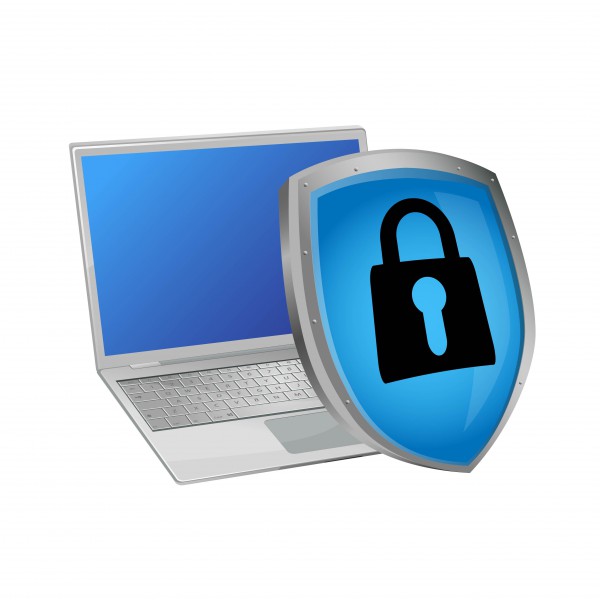
Comodo extends endpoint protection to Mac and Linux
Businesses are increasingly aware of the need to protect their endpoint systems. However, they tend to concentrate most of their efforts on Windows which can leave other platforms vulnerable.
Cyber security specialist and digital certificate provider Comodo is launching a new version of its Advanced Endpoint Protection (AEP) product that extends availability of its default-deny endpoint security to Mac and Linux platforms, in addition to Windows.
